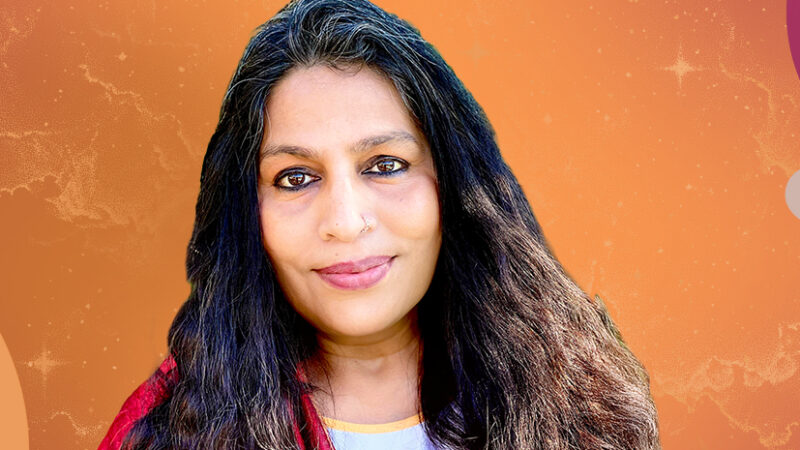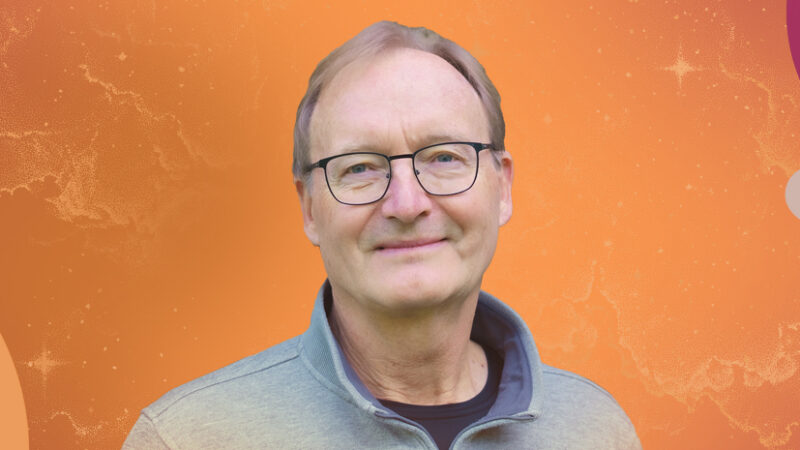John Welwood: We Are Buddhas Becoming Humans as Well a...
John Welwood, PhD, was a psychotherapist and practicing Buddhist who integrated Eastern contemplative wisdom and Western science in his work. He published many books and articles, including Journey of the Heart and Toward a Psychology of Awakening. John passed away in January of 2019 at the age of 75. In honor of his amazing life, Sounds True is presenting a special episode of Insights at the Edge originally broadcast during The Psychotherapy and Spirituality Summit. In this segment, Tami Simon speaks with John about the nature of psychological suffering and the layers of meaning associated with our wounding. John comments on how spiritual practice can help therapy proceed with more awareness, and how spiritual practice benefits from the rigorous analysis of psychotherapy. Tami and John also discuss how to avoid falling into the trap of spiritual bypassing. Finally, they talk about the healing of relational wounds and the gradual spiritual awakening of the human race. (62 minutes)





